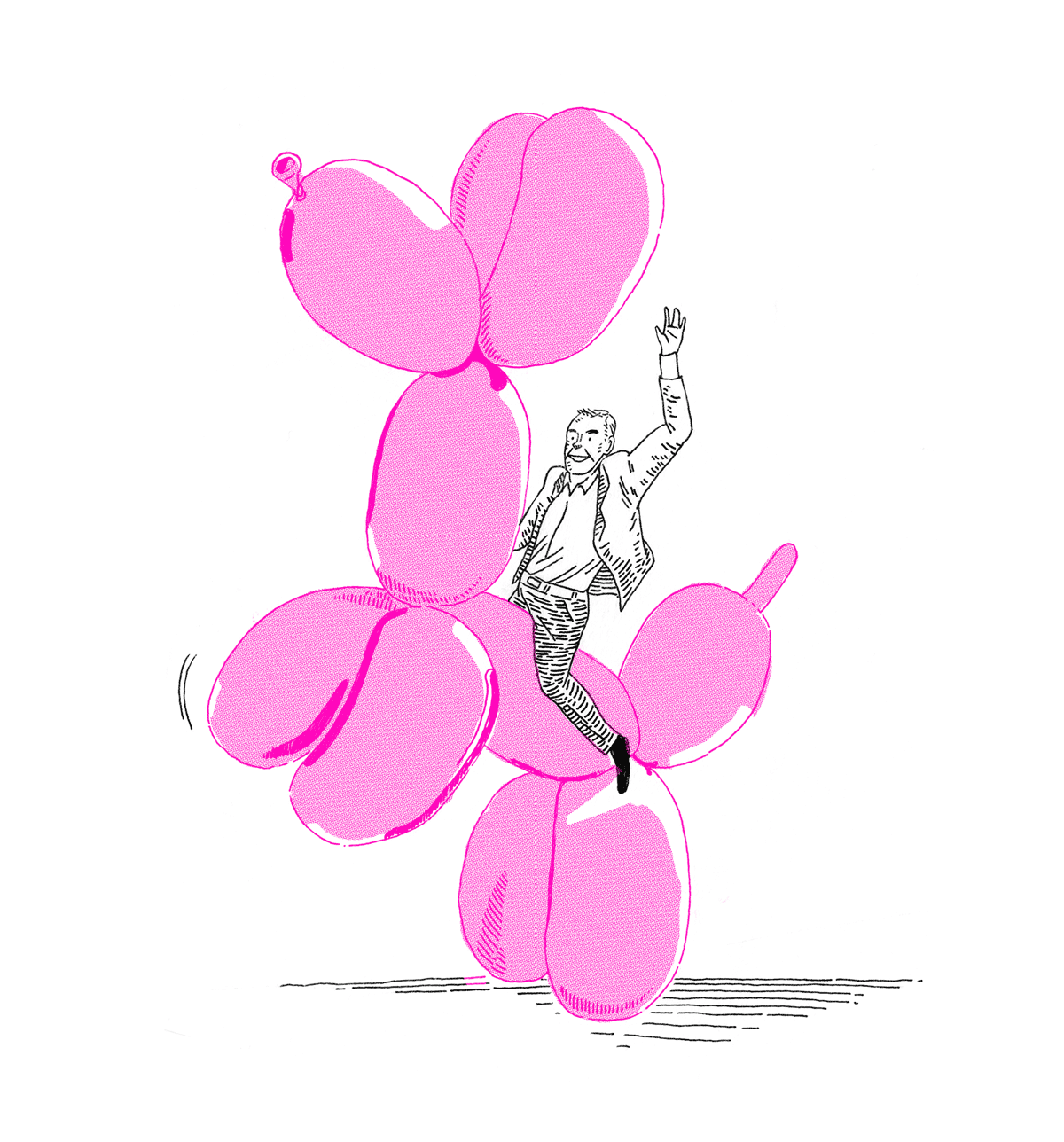
Recently, I started watching “The Daily Show” again. With Trevor Noah as the new host, I realized I laughed a lot less. I even turned the show off in the middle of the program, which I’d never done before. It was then that I realized that watching Jon Stewart leave “The Daily Show” was a lot like watching Batman retire. Stewart was critically important; as “Last Week Tonight” host John Oliver put it in a conversation with Entertainment Weekly, “I don’t think there has ever been anyone better, and I don’t think there ever will be anyone better. He is the high water mark for this kind of comedy on TV. We’ve seen something pretty incredible — we’ll never see this again.”
Before Jon Stewart inherited “The Daily Show” from Craig Kilbourne in 1999, there was no “Colbert Report” or “Last Week Tonight with John Oliver.” The age of such intense news satire had no precedent (I’m not counting Bill Maher because he is a horrible human being and television host), so Stewart set one. He reframed the way his viewers thought about news, and as news coverage shifted, he was able to make important observations. His successor, Trevor Noah, a very smart comedian from South Africa, seems a lot less funny and poignant in comparison. Given that Stewart was on the show for 16 years, comparing the two is little less gracious than I’d like to be; I’d rather discuss Stewart’s effect on the audience, and not his successor’s so-far failure to engage them.
Stewart’s aim was not to humiliate the conservative party in the beginning, but to point out the danger (and sheer absurdity) of news networks attempting to drive a partisan wedge between parties. Stewart often explained that the networks did this in order to increase their ratings and further divide the American people by forcing them to identify with a political party. We see this in most of his interviews, and especially during an episode of CNN’s “Crossfire” he appeared on (the show was canceled weeks later). His success educating his viewers has been widely recognized, and Nation editor Katrina vanden Heuvel wrote in the Washington Post when he left the show, “Although it’s impossible to prove, Stewart is almost certainly one of the reasons that younger Americans are so progressive.”
Over his 16-year run on “The Daily Show” maybe that wasn’t talked about enough. Stewart had the ability to point out to a young audience that it was okay to believe in ideals — so long as those ideals weren’t horrible — regardless of what party they belonged to. He did this by satirizing news networks, and he did his best to take aim at both sides. At times he was successful, like in the famous “Rumble 2012” debate that he and Bill O’Reilly hosted, where Stewart mocked the current state of debates and gave his memorable “bullshit mountain” monologue. At times he was unsuccessful, as when Wyett Cenac highlighted Stewart’s awkward and definitively ignorant impersonation of Herman Cain. But he remained relevant because of his humanness; never once did he claim that his show was actual “news-reporting.” Stewart always admitted that he had a leg up on news, because he got to be funny.
In a recent interview with Rachel Maddow, Stewart explained his views on the news media. He quickly condemned the current hyper-amplification of news in the 24-hour style, which he attributed mainly to CNN. Stewart described the history of modern news networks in simple terms: CNN picked up on 24-hour news, Fox was created, and MSNBC was the liberal response to the conservative network’s spike in ratings. Stewart explained that the news quickly loses legitimacy when the people reporting are driven by economic success. Even Maddow agrees with Stewart here, though she disagrees with the specifics (the way that you would expect someone with a primetime spot on MSNBC to).
With all of this in mind, someone asked a friend and me the other day, “Why are you so interested in the news in an entertaining way? It doesn’t seem that people your age ever are.” I really think that, like vanden Heuvel’s claim this summer, it is at least partly because we grew up with the funniest man on television. When Stewart explained on his comedy show how the news was functioning, or highlighted the absurdity through hand-picked TV clips, people began to understand the partisan wedge between political parties through humor. Stewart used humor as a mechanism for change. He did the most important thing with this sort of humor: He changed the way so many people thought. Stewart’s younger viewers often understand that you don’t have to be “red” or “blue” the way the media presents them; there is room to be reasonable and to understand the political landscape of the United States without lashing out over some half-assed, half-fact-checked reporting. (I’m especially looking at you, CNN.)
In 2010, during Stewart’s “Rally to Restore Sanity” (and Colbert’s countermarch, “The March to Keep Fear Alive”), both hosts aimed to return to reasoned discussion (in their own way). Though the march was considered a failure, partially due to narratives perpetuated by the various news sources that Stewart and Colbert usually mocked, roughly 215,000 people showed up. A march organized by two men who satirize the news drew almost a quarter of a million people from their homes and to Washington, D.C., simply because Stewart said something like, “Hey, you don’t have to be extreme. Come have your voice heard in Washington, DC.” And honestly, it was refreshing. People held signs that said, “I respect my fellow Americans,” which is a much different message than the endless toil of hatred presented on networks today.
Which brings me to why I will really, really miss Jon Stewart on late-night television. Never in my lifetime have I seen an American who believes in America the way that Jon Stewart does. While John Oliver secured his own show on HBO (dear God let him make Bill Maher inconsequential), and Trevor Noah moved to replace Stewart (and I really believe Noah will improve with time), late-night news television lost its most patriotic (and American) host. John Stewart inspired me and many of my friends to love America at a time when it was really hard to do that. We grew up (in all those opinion-forming ways), during a disaster of a war, a pretty great recession, and the growing extremism of parties the United States. Stewart’s patriotism is hard to define, but maybe it’s like the anecdote he gave during his broadcast after 9/11. He says:
“The view from my apartment was the World Trade Center. And now it’s gone, and they attacked it this symbol of American ingenuity and strength and labor and imagination and commerce and it is gone. But you know what the view is now? The Statue of Liberty … the view from the south of Manhattan is the Statue of Liberty. You can’t beat that.”







